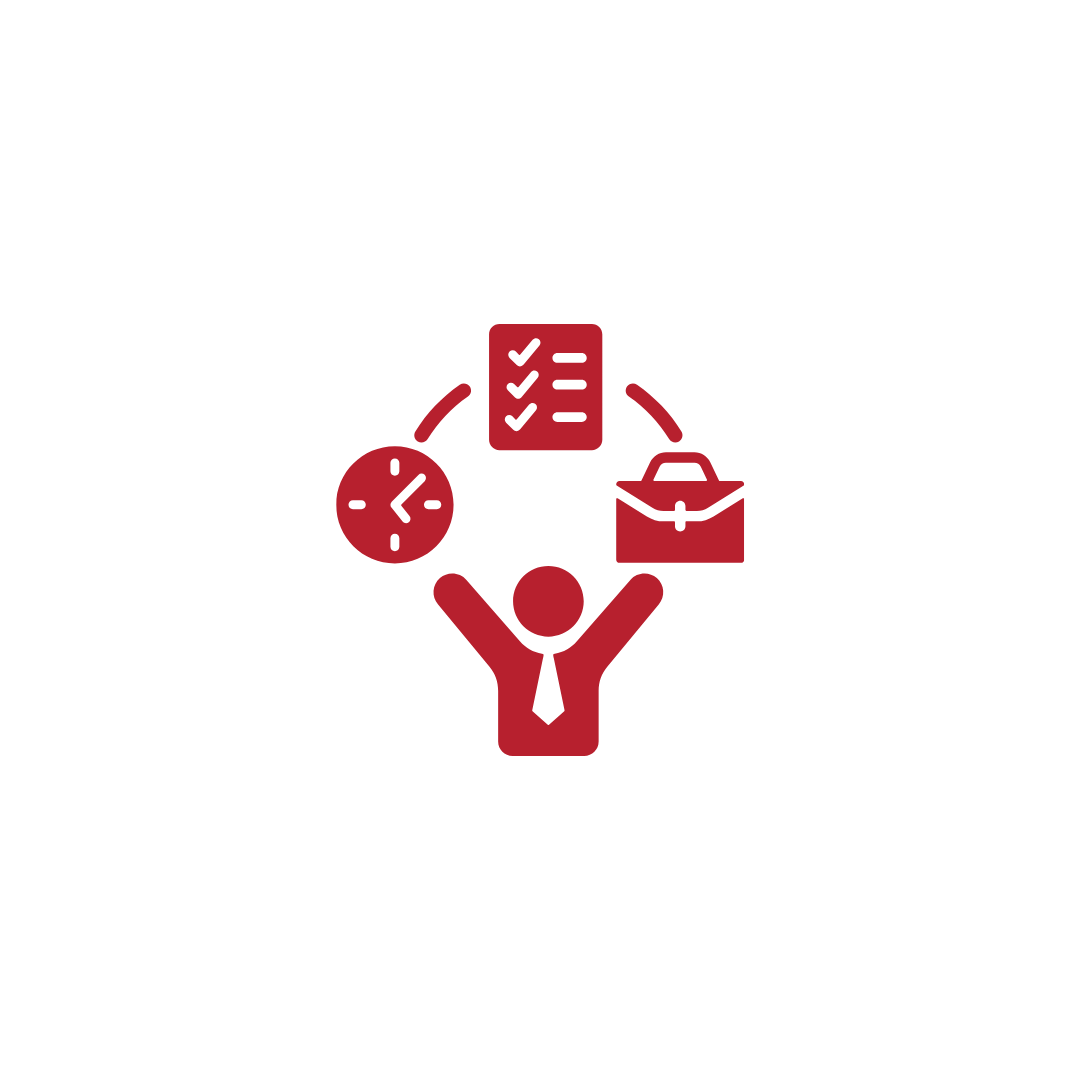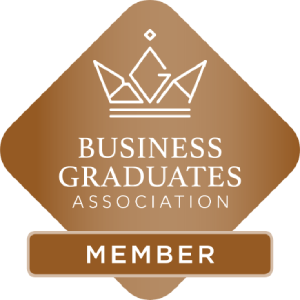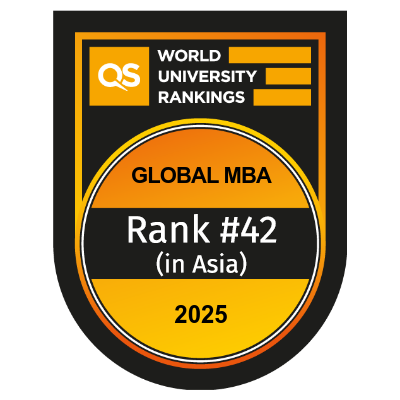Rigorous Curriculum
Our comprehensive curriculum covers core areas such as microeconomics, macroeconomics, econometrics, and applied economics. Students gain deep insights into economic theory and its practical applications.
Mode:
Regular
Location:
Vidyavihar - Mumbai
Course Duration:
3 Years
Programme Code:
ST1757
K J Somaiya Institute of Management (KJSIM) invites aspiring scholars to begin on a transformative journey with its PhD in Human Resources Management. This programme is designed for those who seek to become value-based and purpose-driven leaders, committed to building a better world. With a focus on rigorous academic research and practical insights, the programme equips scholars with the expertise to address complex challenges in the ever-evolving world of human resources.
The global Human Resources Management market, valued at USD 24.25 billion in 2023, is set to grow at a 12.7% CAGR through 2030, driven by digitisation and automation. KJSIM’s Research Area - Human Resources Management programme equips scholars to lead in this evolving landscape, integrating transformative trends and technologies in HRM. Scholars will gain the expertise to navigate and influence the future of HR, ensuring they are prepared to drive strategic decisions and contribute to organisational success in a rapidly growing field.


Our comprehensive curriculum covers core areas such as microeconomics, macroeconomics, econometrics, and applied economics. Students gain deep insights into economic theory and its practical applications.

Learn from distinguished faculty members who are leaders in their fields. Their expertise and mentorship provide invaluable guidance throughout your research journey.

Access state-of-the-art research facilities and resources. Our well-equipped libraries and data analysis tools support high-quality research.

Staying true to KJSIM's purpose of “Transforming Together,” this programme goes beyond academic excellence. It builds the development of leaders committed to driving positive change in the business world and beyond.

The first semester requires full-time attendance, while the second semester offers a more flexible schedule to accommodate research needs.

Scholars are equipped with the skills and knowledge to excel in academia, industry leadership, and consulting roles.
Investigating various conceptualisations of leadership, such as leader competence, transformational, transactional, paternalistic, leader-member exchange, and shared leadership. Special focus is given to shared leadership in contexts like entrepreneurial teams and student teams, exploring antecedents such as transactive memory systems, trust, and outcomes like team learning and creativity.
Examining critical aspects of teams including values, roles, interdependencies, performance, communication, cohesiveness, bonding, conflicts, collaboration, decision making, collective thinking, accountability, and the effectiveness of virtual and cross-functional teams.
Delving into a wide array of behaviours from prosocial to counterproductive work behaviours, including teamwork, non-violence, compassion, cyberloafing, and deviant behaviours. The research also covers attitudes and behaviours such as job satisfaction, turnover intention, productivity, psychological capital, perceived trust, loyalty, and engagement.
Focusing on psychological and emotional aspects within the workplace, including emotional intelligence, emotional labour, burnout, workplace bullying, and even unique areas like dental health and consciousness.
Exploring diversity and inclusion in the workplace, with particular attention to gender and emotional diversity, and related interventions aimed at fostering an inclusive work environment.
Researching HR development areas such as training, coaching, mentoring, change management, and organisational development. This includes investigating strategies that enhance flexibility, adaptability, innovation, competitive advantage, and organisational performance, particularly in Micro, Small, and Medium Enterprises (MSMEs).
Scholars will also explore the integration of sustainable HR practices in MSMEs, focusing on areas such as training need analysis, person-organisation fit, and the utilisation of emotional and artificial intelligence in recruitment strategies.


| Sr.No. | Research Guide | Qualification | Research Areas |
|---|---|---|---|
| 1 | Prof. Dr. Preeti Rawat
|
Ph.D. Psychology | Attitudes, empowerment, leadership, culture, diversity and inclusion |
| 2 | Prof. Dr. Hemangi R Bhalerao | Ph.D (Industrial Psychology) | Leadership, Emotions, Conflict Management, Nonviolence, Peace |
| 3 | Prof. Dr. Karve Shailaja | Ph.D Management, Masters in personnel Management, MA Psychology | Interpersonal Behaviour, Groups, Teams, Communication, Leadership, Competency, Organisational Development, Learning & development, Learning Organisation, Interventions. Human Resources Functions |
| 4 | Prof. Dr. Shiji Lyndon | Ph.D. (IIT Mumbai, 2020) | Leadership, Diversity & Inclusion |






